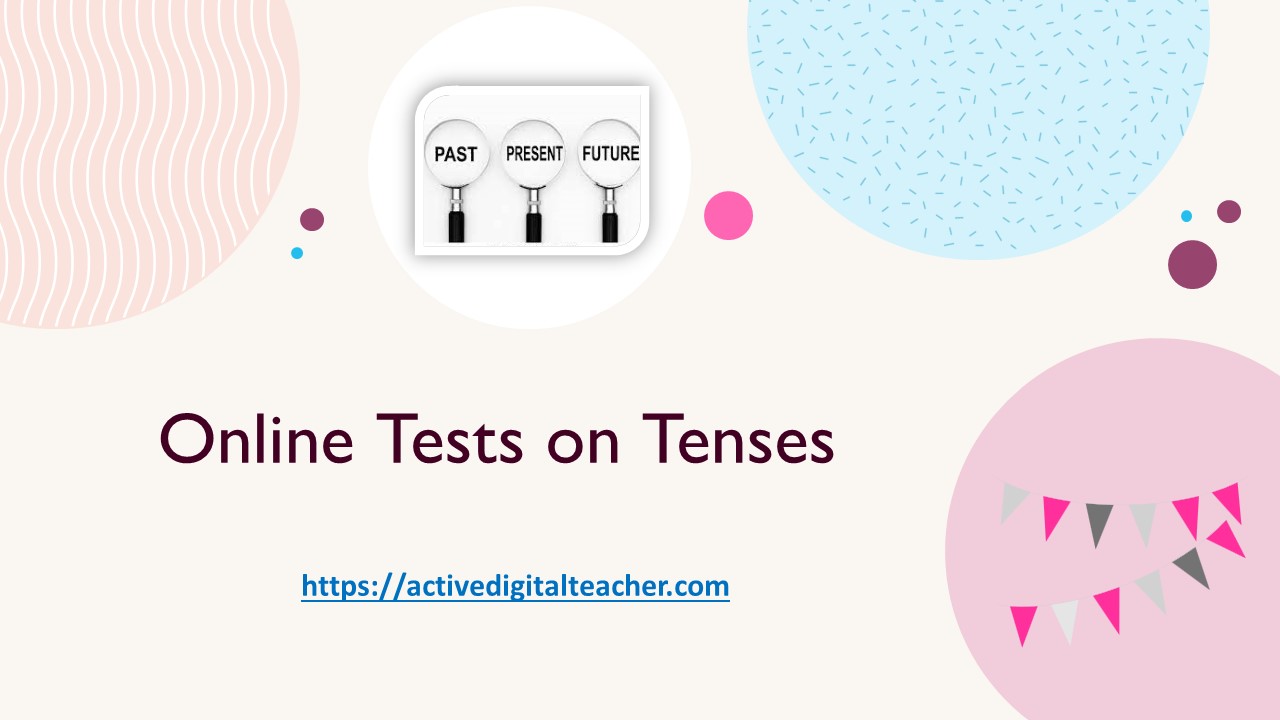Educational Games – Play and Learn
Educational games are tools designed to combine learning with engaging gameplay, helping users—especially students—develop various academic, social, or life skills in a fun and interactive environment.
They use elements of game design, such as rewards, challenges, levels, and storytelling, to hold players’ attention and improve knowledge retention. Here are some key uses and benefits of educational games:
- Promoting Active Learning
- Educational games engage learners actively, prompting them to make decisions, solve problems, and think critically. Unlike traditional, passive methods of learning, games require players to interact with content, which enhances understanding and retention.
- Encouraging Skill Development
- Different games focus on different skills. For example:
- Math games reinforce arithmetic, problem-solving, and logic skills.
- Language games improve vocabulary, reading comprehension, and grammar.
- Simulation games (like business or life simulations) teach planning, resource management, and decision-making.
- By focusing on specific skills, educational games offer targeted learning that students can apply in real-life contexts.
- Enhancing Engagement and Motivation
- Games create a reward-based system that keeps learners motivated. Features like points, badges, and levels give students a sense of progress and achievement, making them more likely to stay engaged and even repeat lessons to improve their performance.
- Providing Instant Feedback
- Many educational games provide instant feedback, allowing learners to recognize their mistakes immediately and try again. This quick feedback loop enhances the learning process, as players can correct errors and improve their understanding on the spot.
- Facilitating Collaborative Learning
- Multiplayer educational games foster teamwork and communication skills, encouraging players to collaborate to solve problems or reach goals. This collaboration helps develop social skills, teaches cooperation, and shows students how to work effectively with others.
- Catering to Different Learning Styles
- Educational games often integrate visual, auditory, and kinesthetic elements, making them accessible to various types of learners. This adaptability can be particularly helpful in inclusive classrooms, where students have diverse abilities and learning preferences.
- Promoting Self-Paced Learning
- Games often allow players to learn at their own pace. This is beneficial in a classroom setting where students have different learning speeds, as each individual can proceed according to their comfort and proficiency levels.
- Making Learning Fun and Reducing Anxiety
- Games make learning feel less formal and reduce the anxiety or pressure that some students associate with traditional tests or lectures. This relaxed environment can make complex or challenging subjects more approachable, especially for students who struggle with confidence.
Importance of Educational Games in Modern Education
- Increased Accessibility to Education: Many educational games are available on digital platforms, making learning accessible for students outside the classroom and even in remote or underserved areas.
- Better Preparedness for a Digital World: As technology becomes integral to everyday life, educational games also help students become comfortable with digital tools, fostering technological literacy.
- Personalized Learning Paths: Adaptive educational games can tailor challenges to a student’s progress, strengths, and weaknesses, helping them master content at their level.
Educational games represent a powerful tool for transforming education by making it more interactive, personalized, and engaging. They address diverse needs in learning and offer a compelling alternative to traditional educational methods, making them increasingly essential in modern education.
Game No. 1
Wait to display the game.
Close advertisement if any.
Click on Start Button.
Game No.2
Wait to display the game.
Close advertisement if any.
Click on Start Button.
Game No. 3
Wait to display the game.
Close advertisement if any.
Click on Start Button.
See More Free Resources-
Test on Active and Passive Voice
Vocabulary Building – Word Power
Test- Find silent letter Synonyms
Game No. 4
Wait to display the game.
Close advertisement if any.
Click on Start Button.




